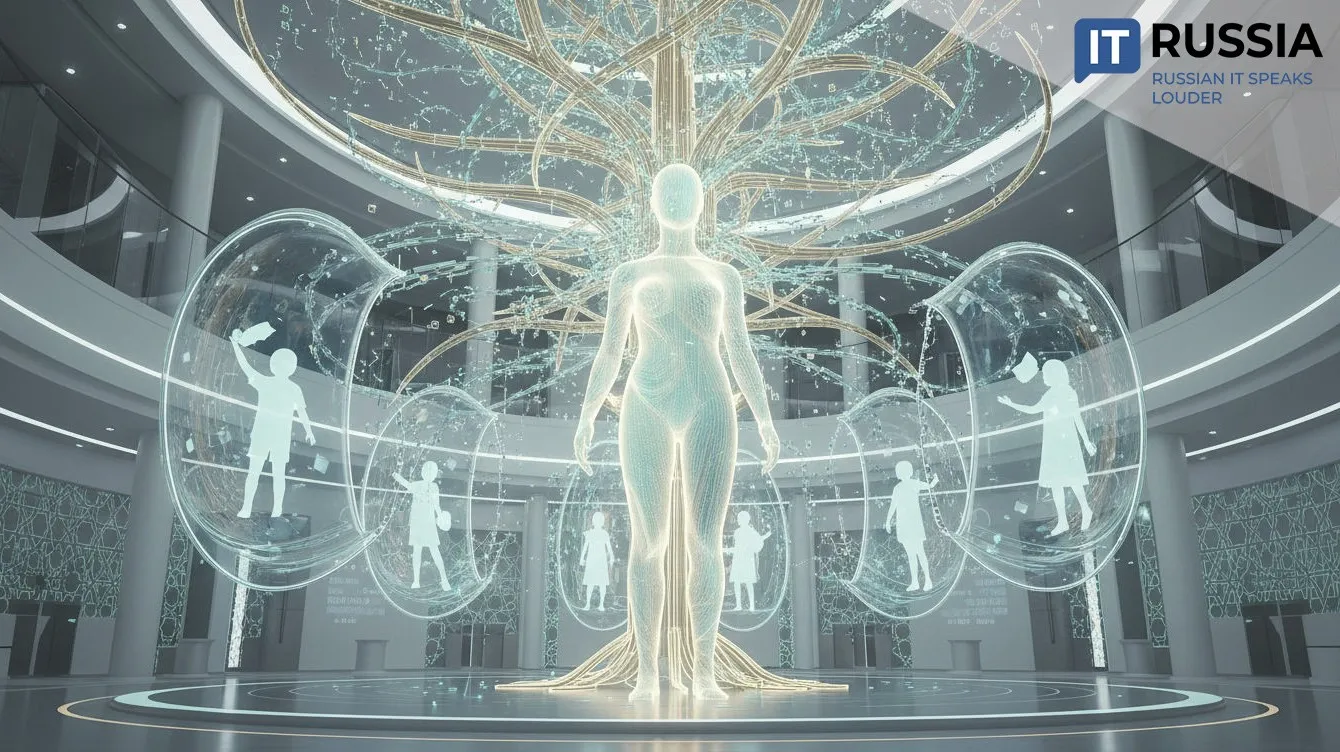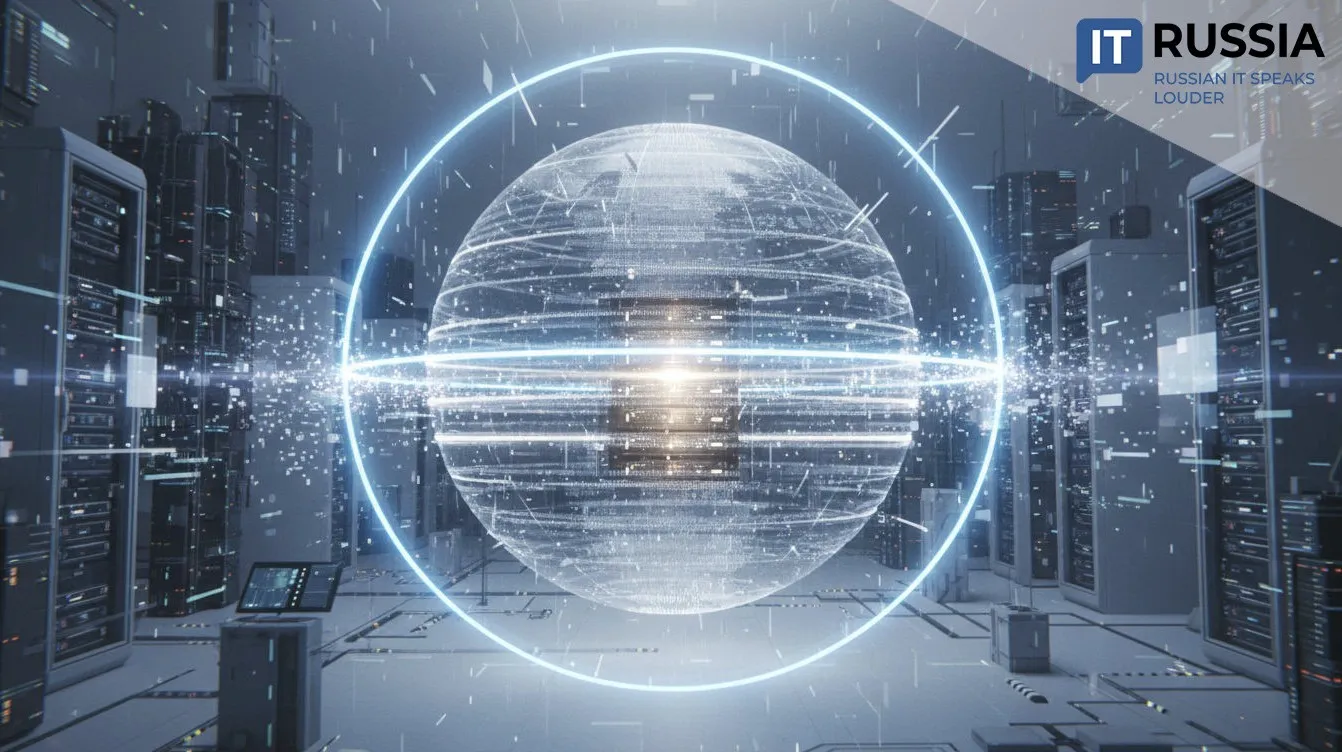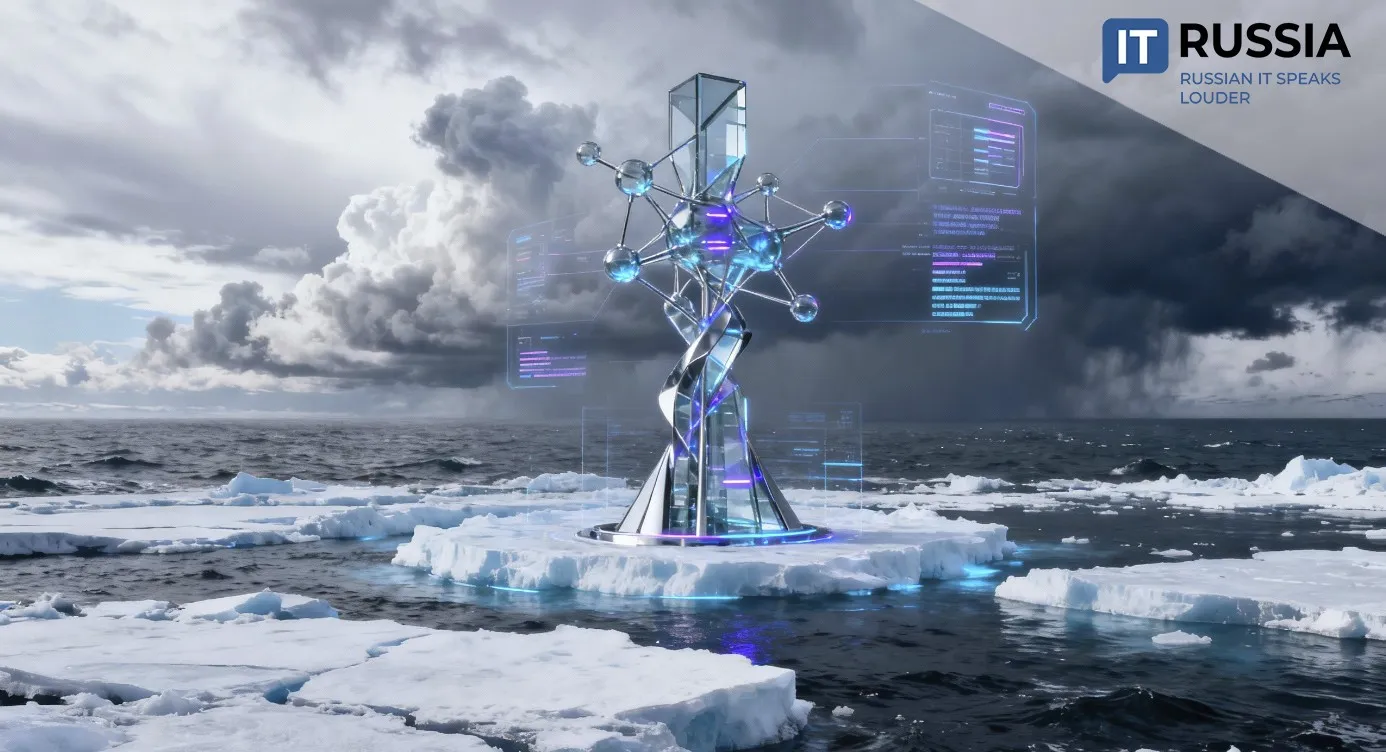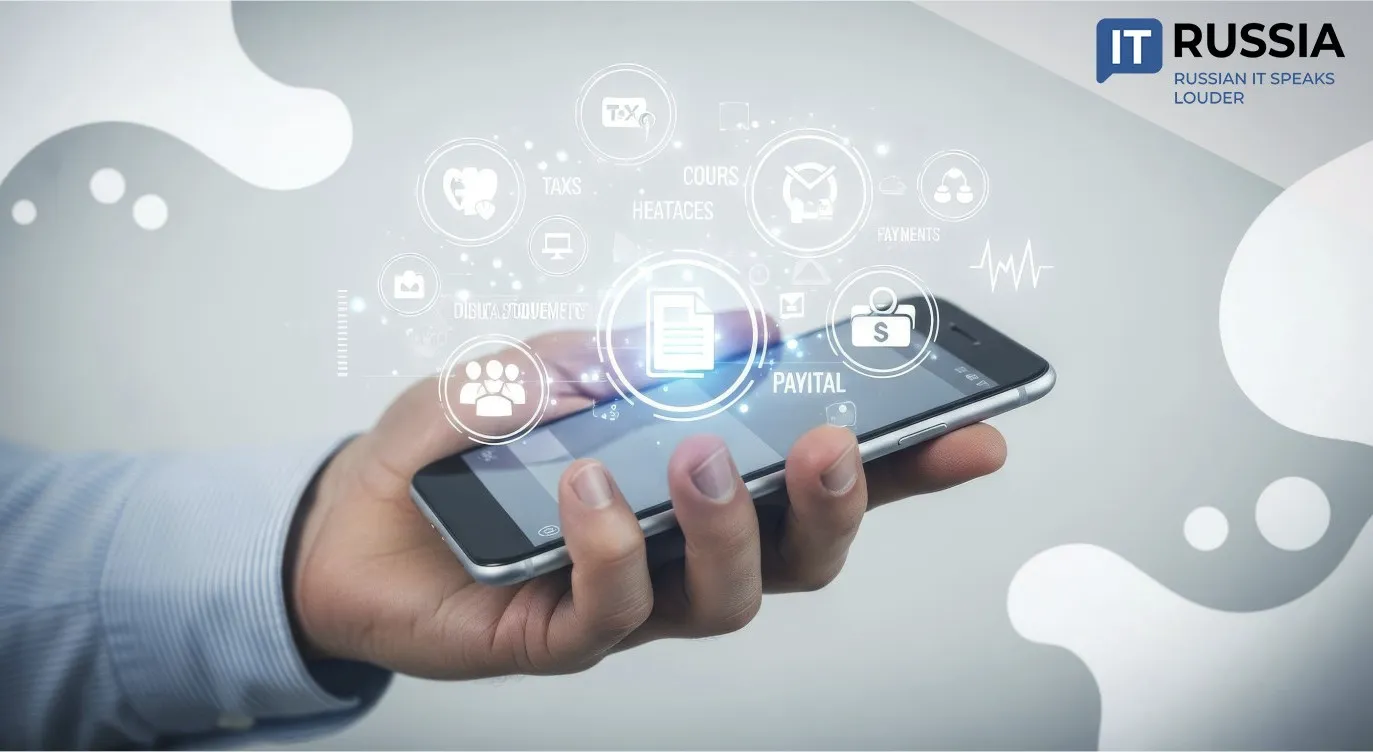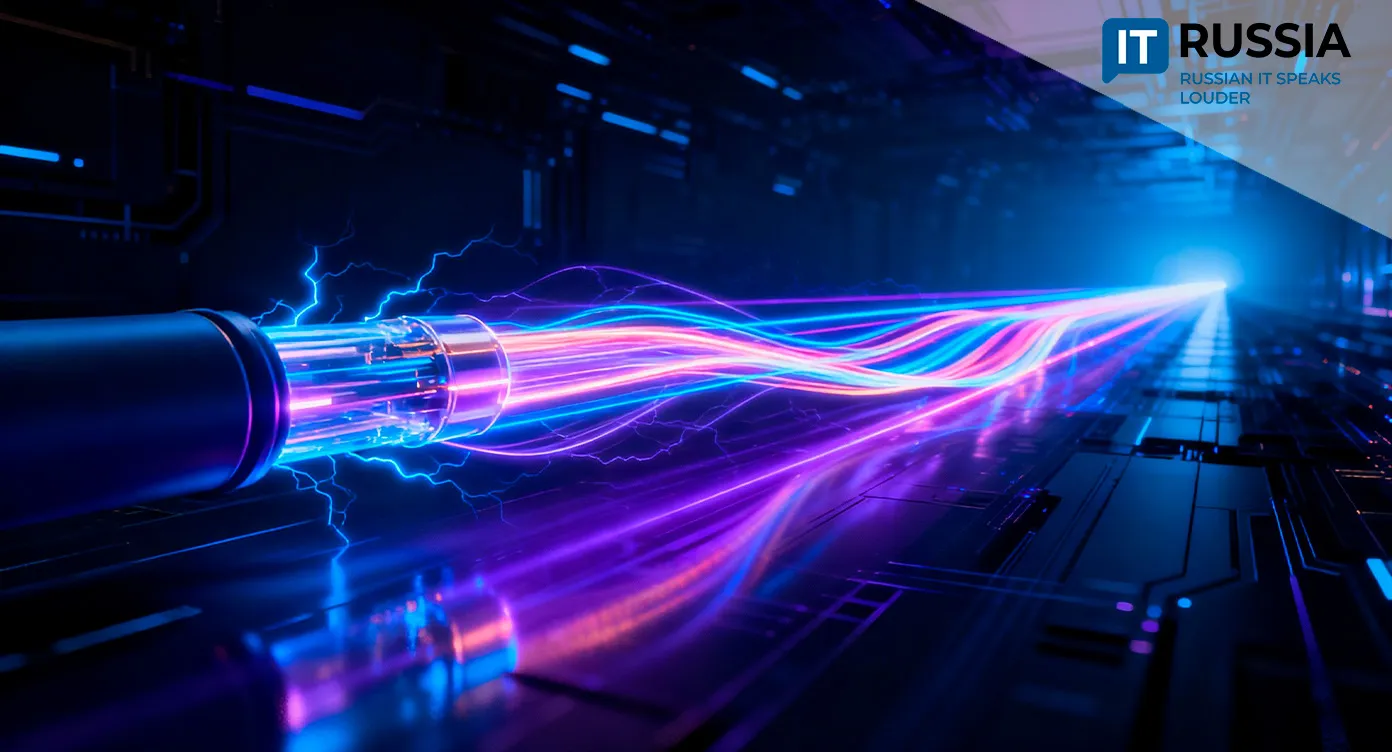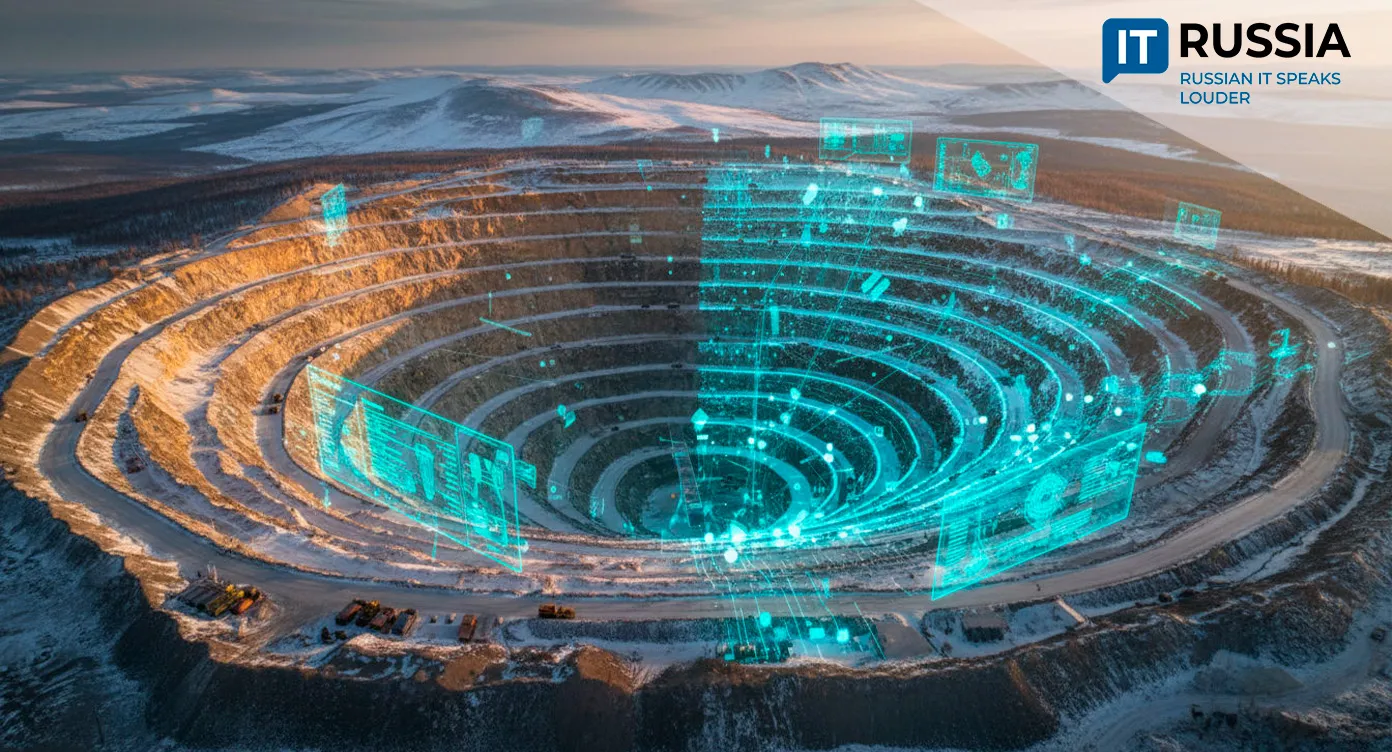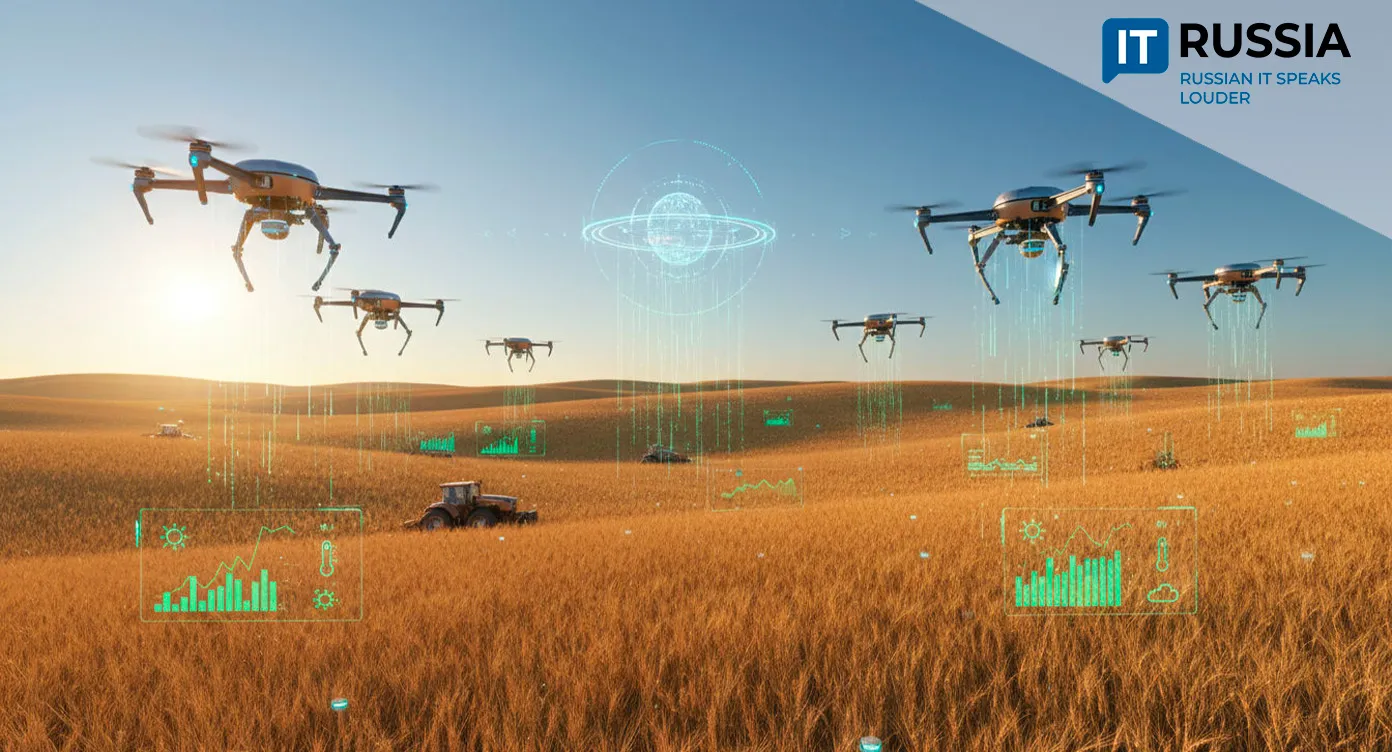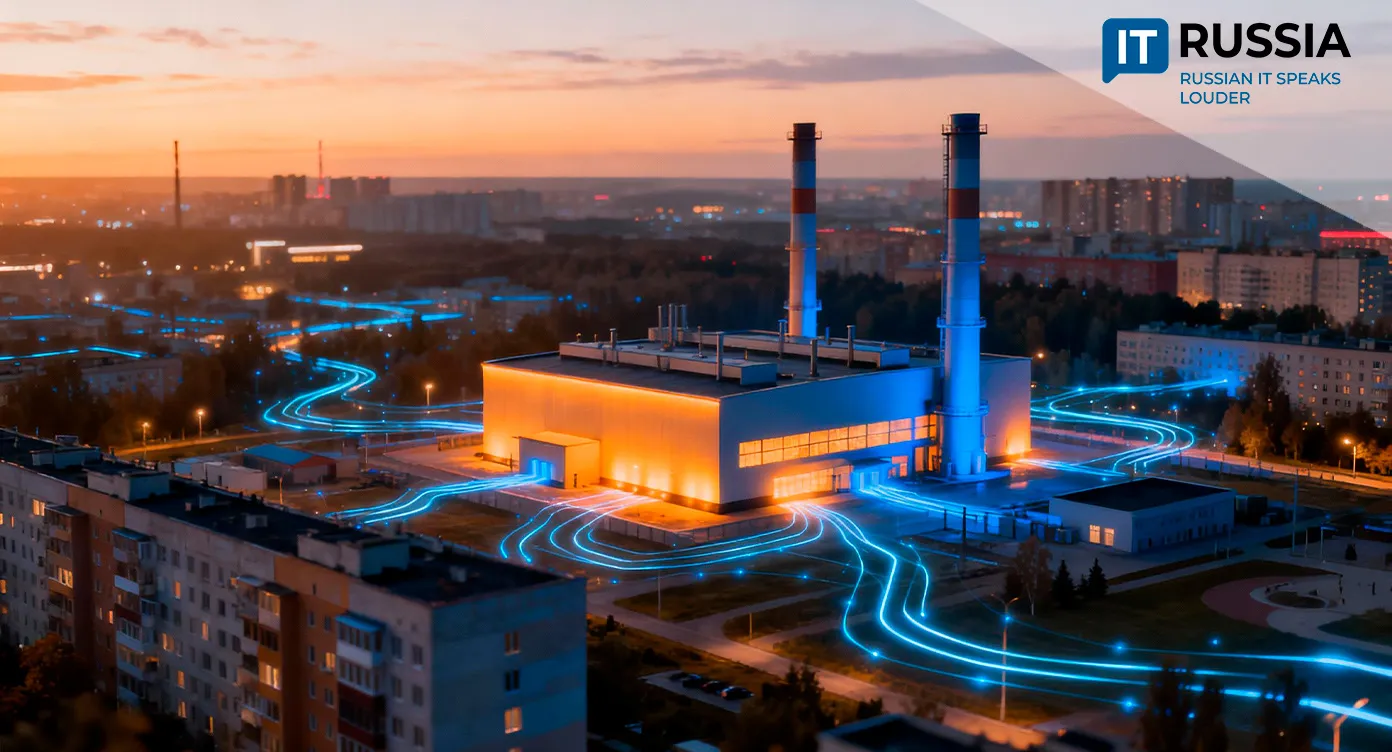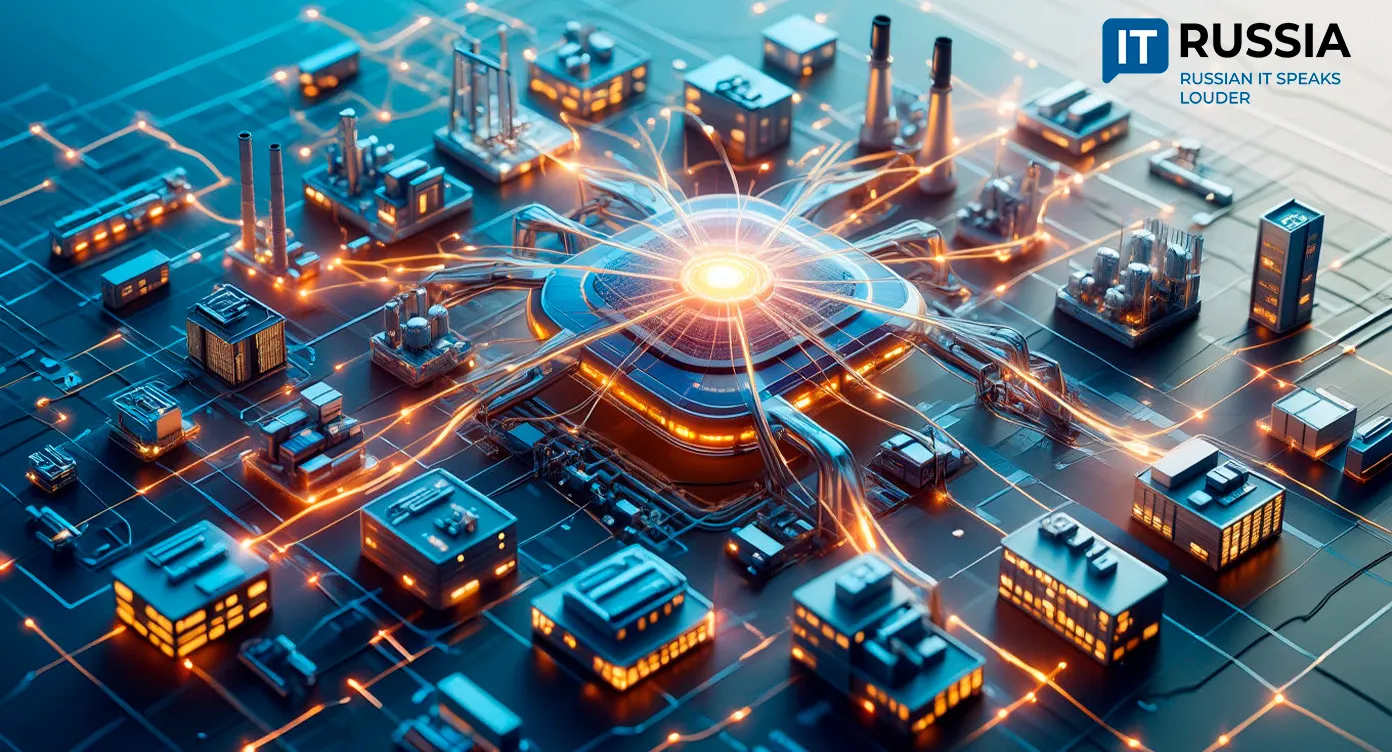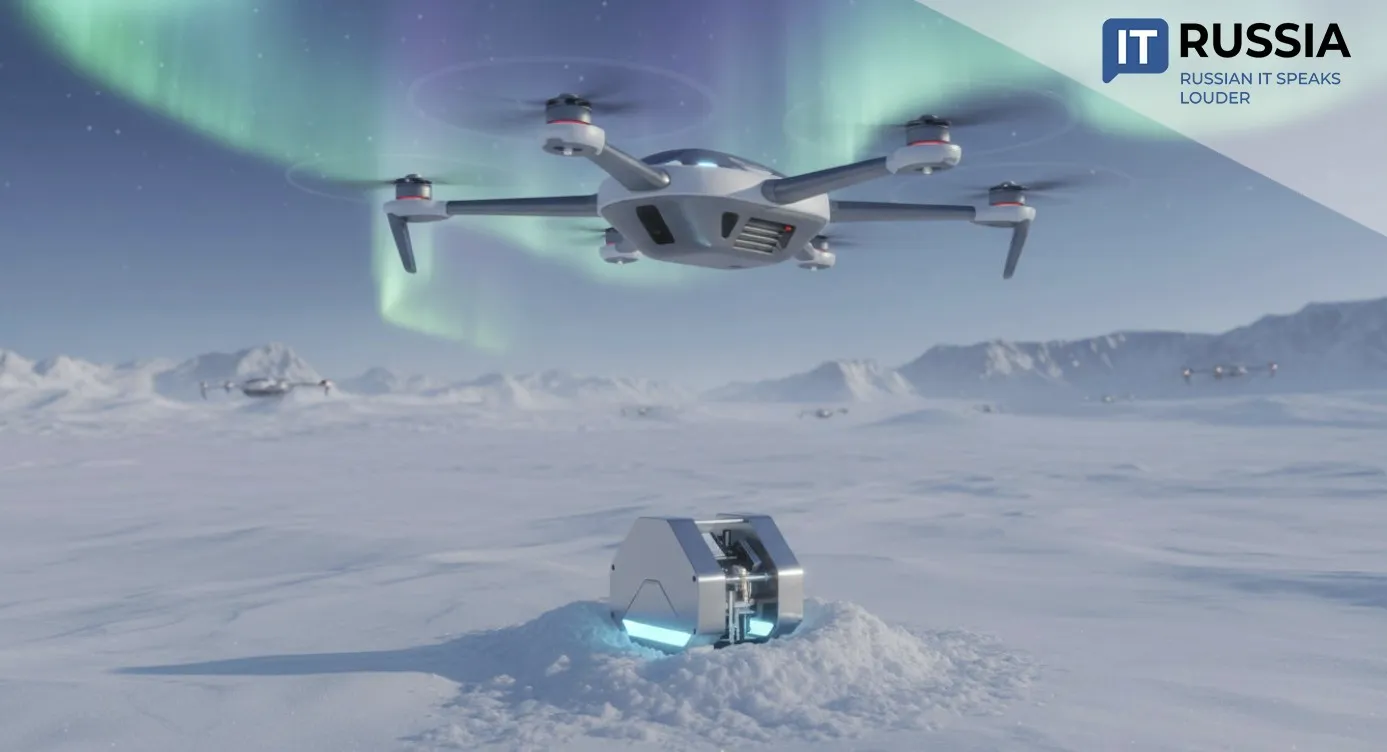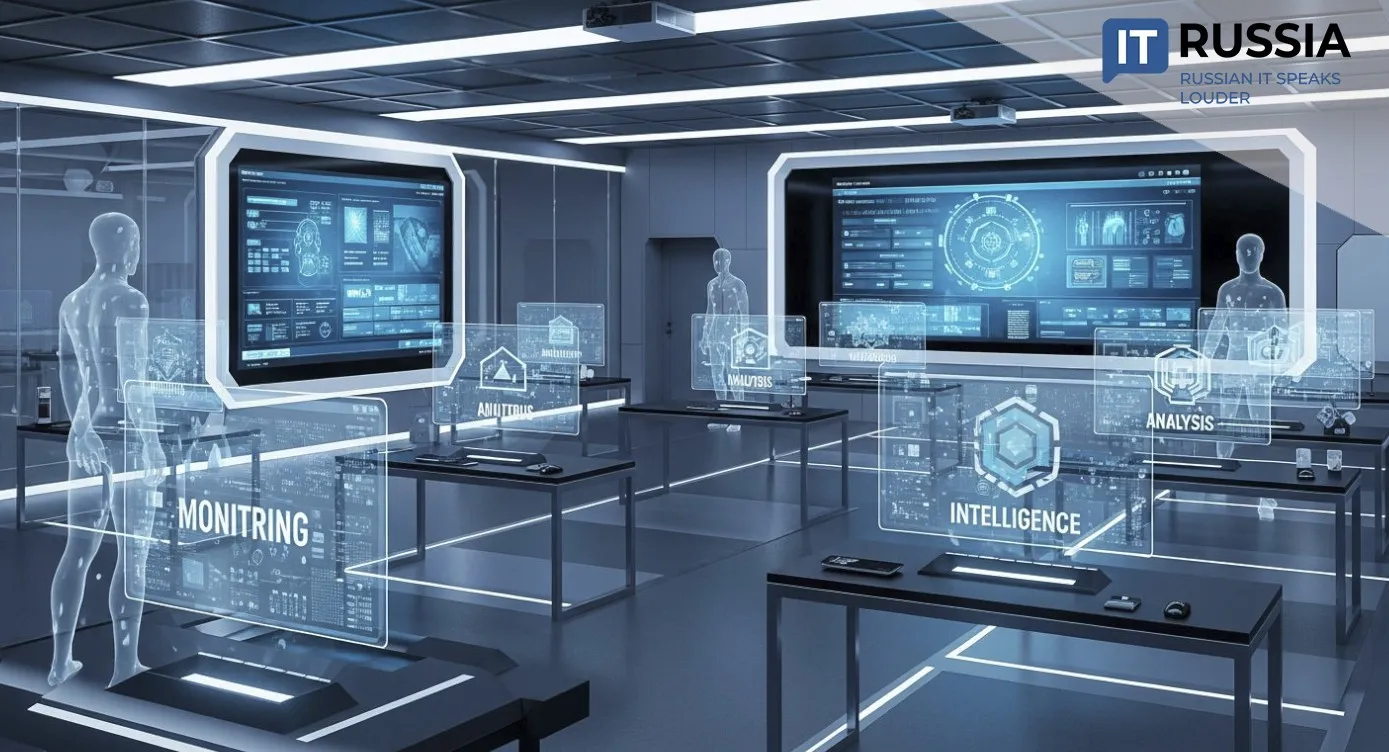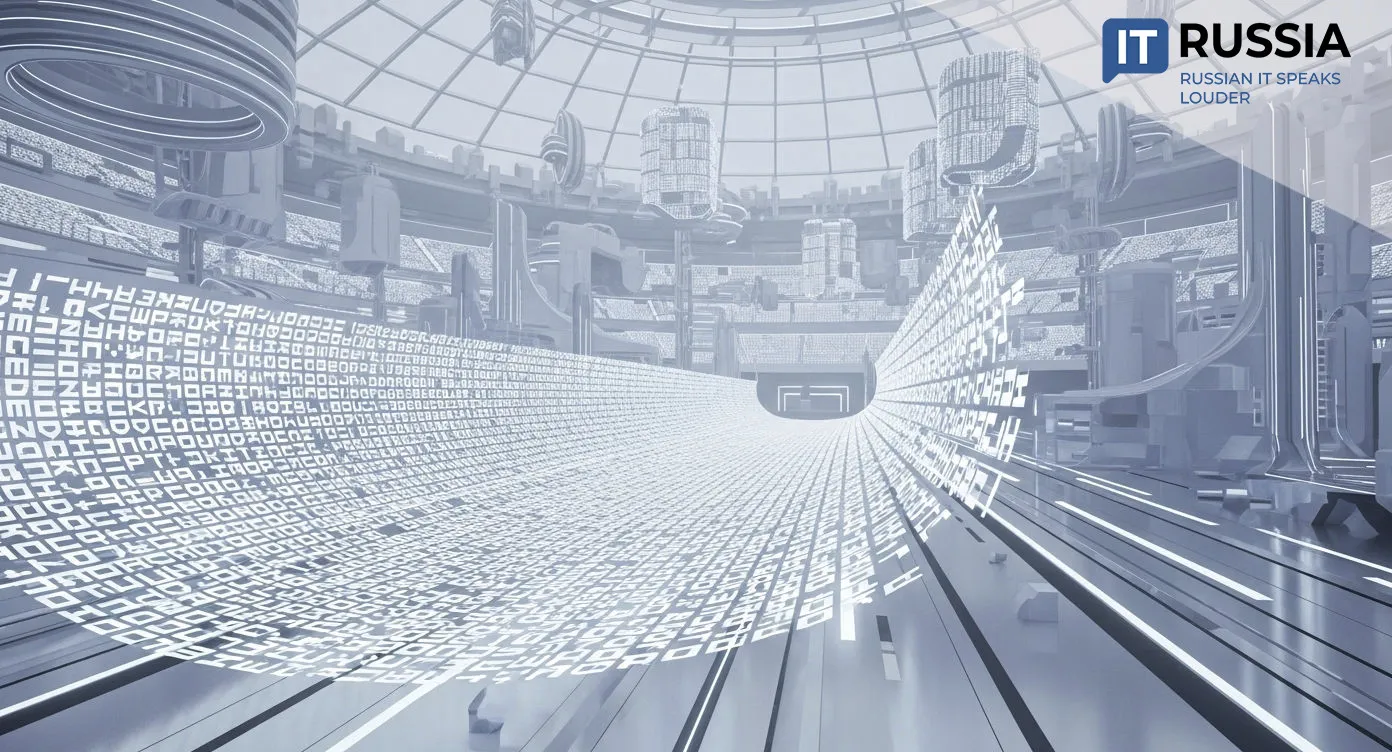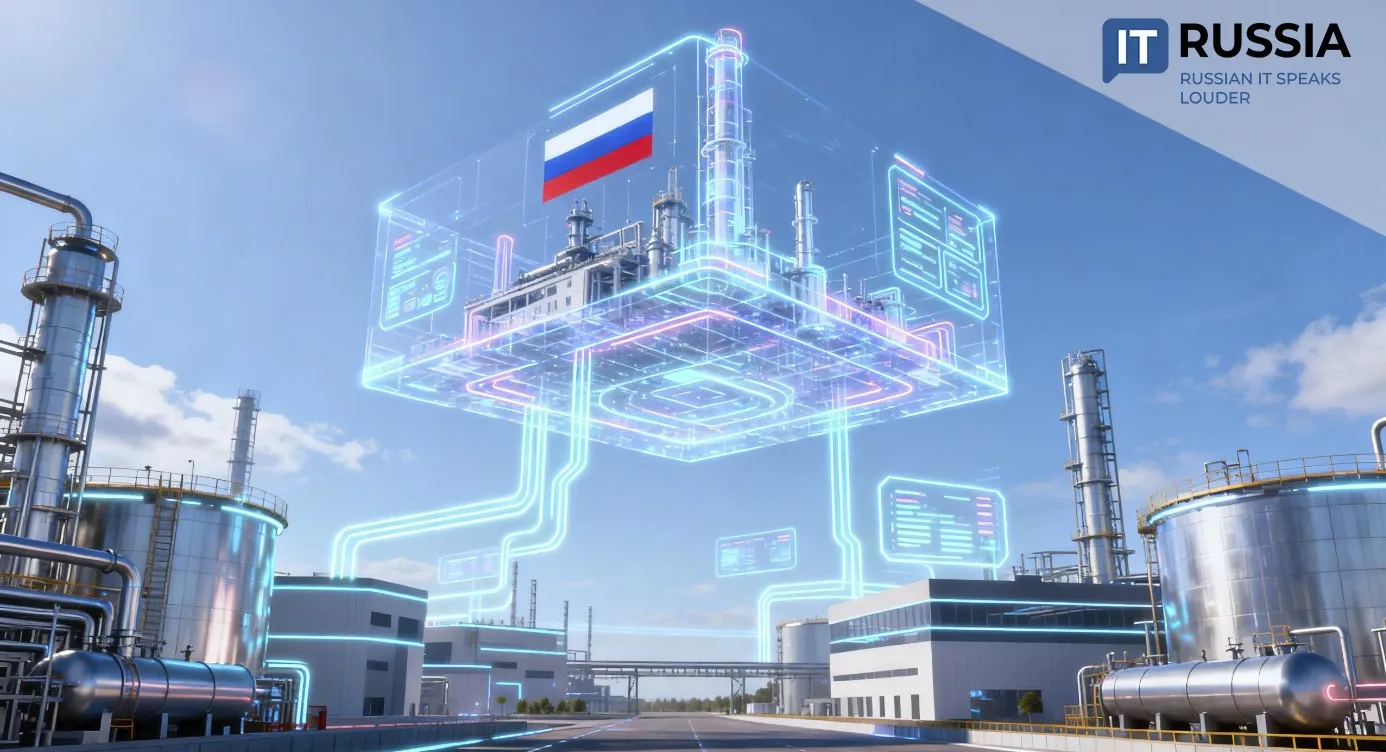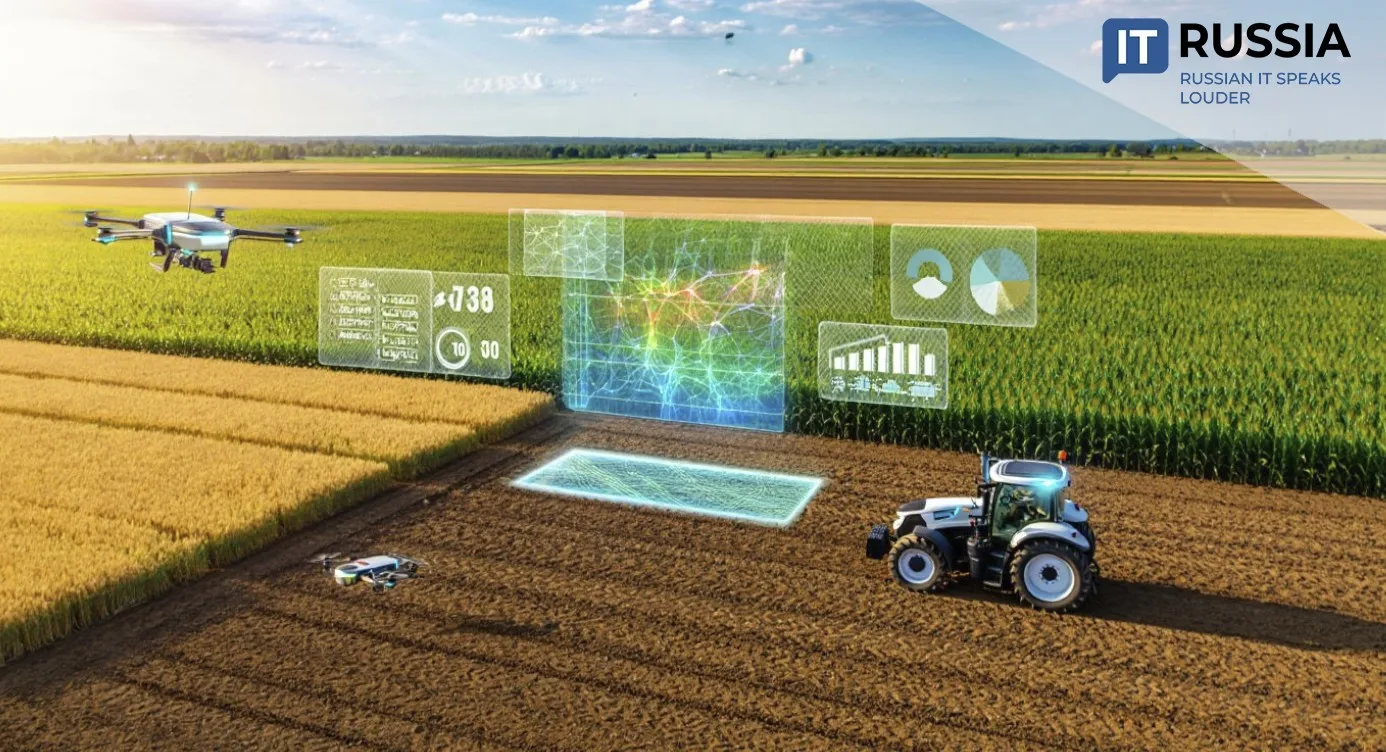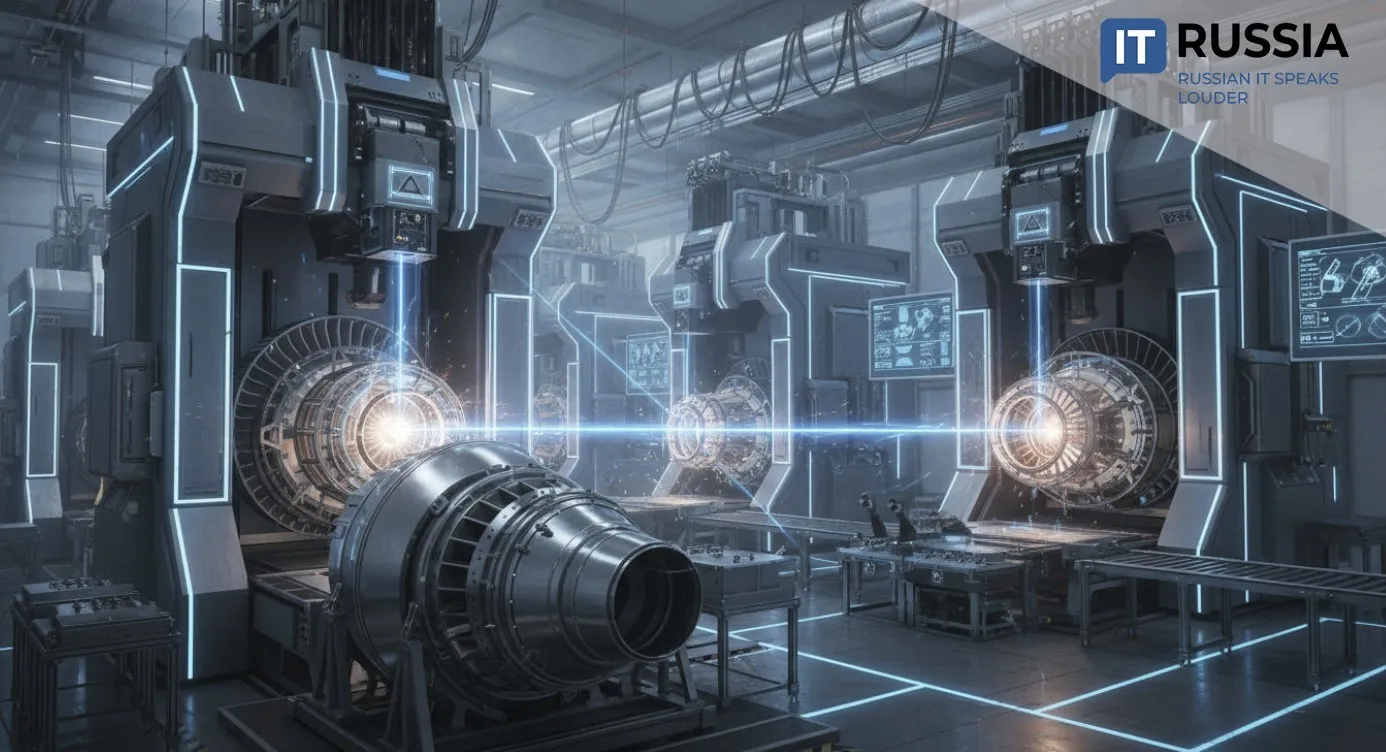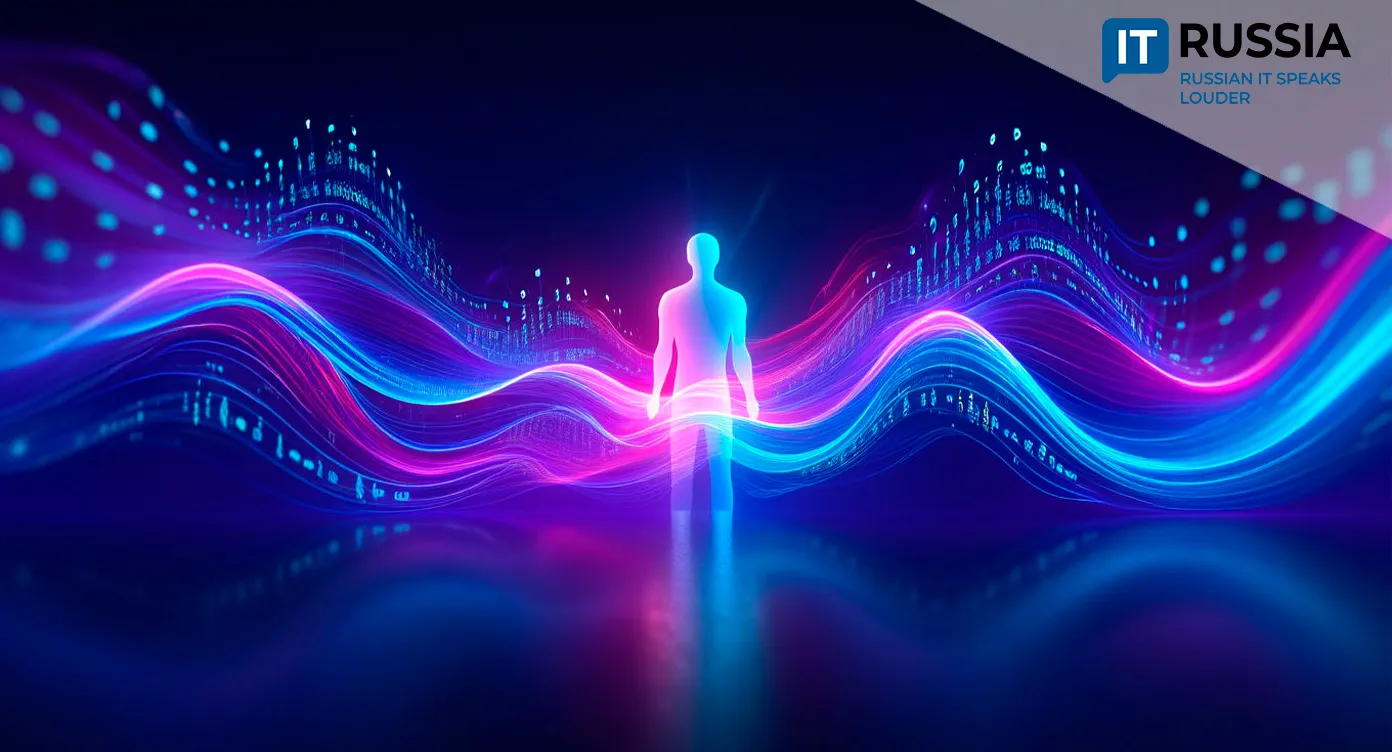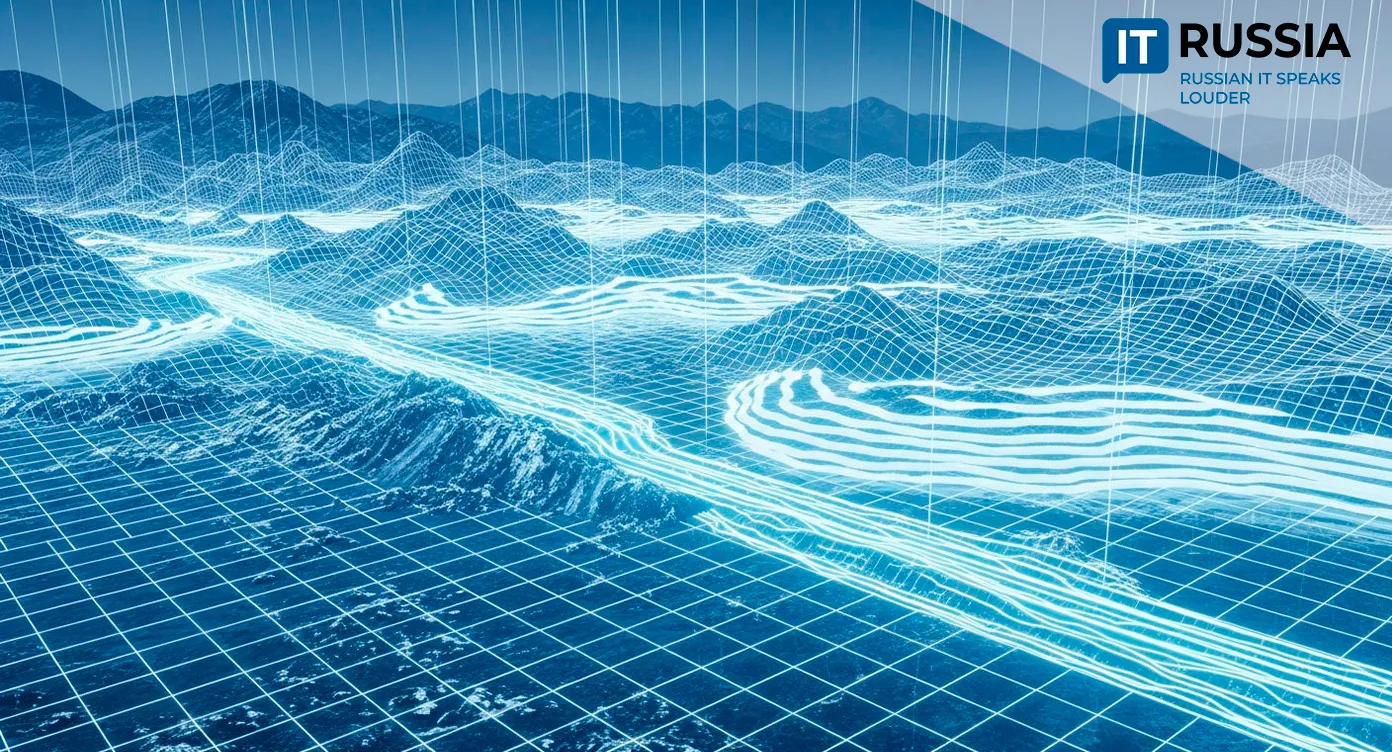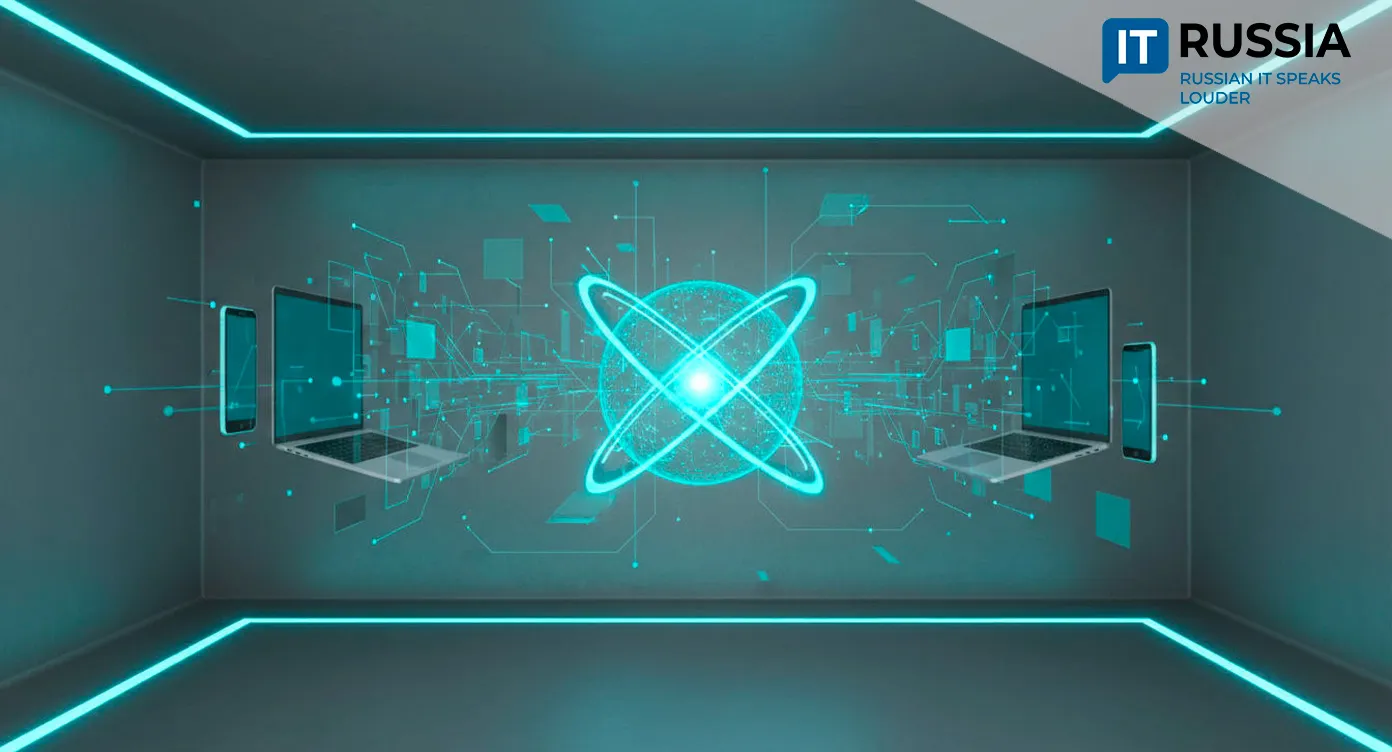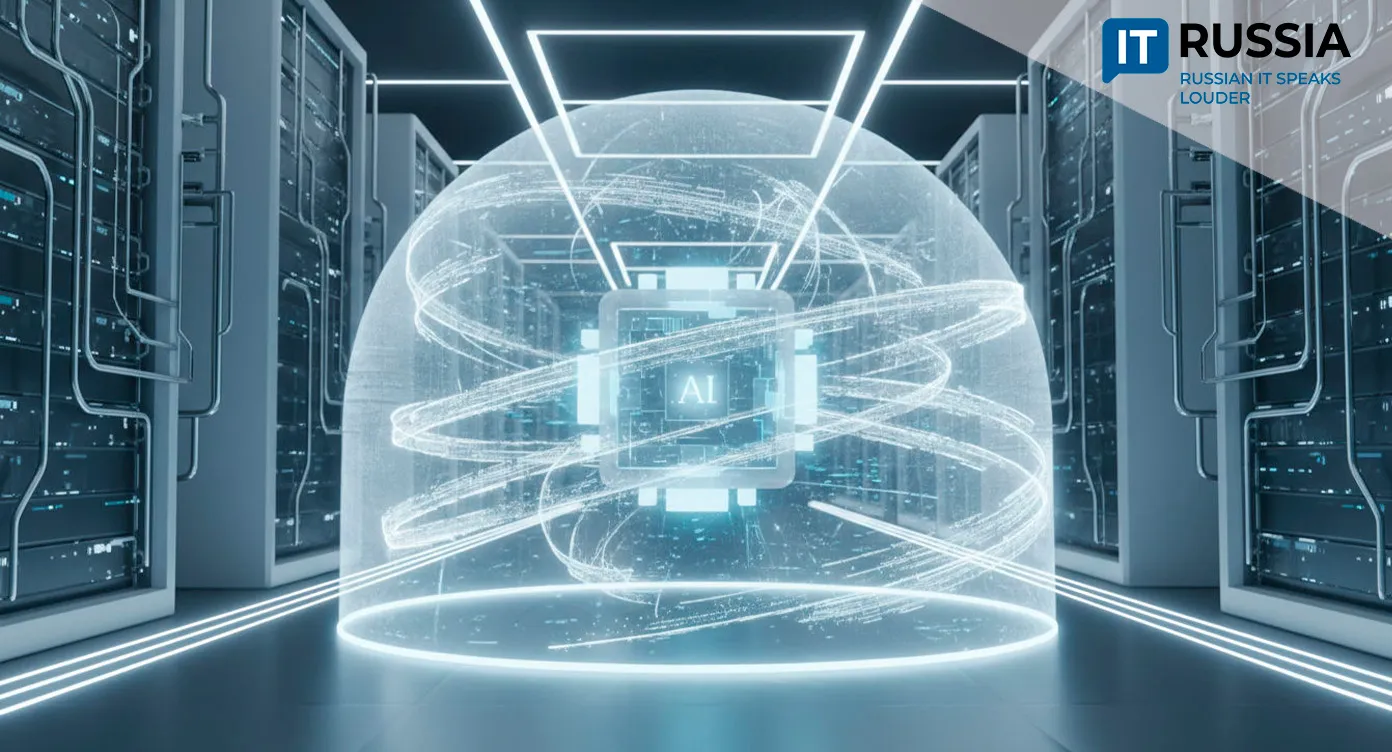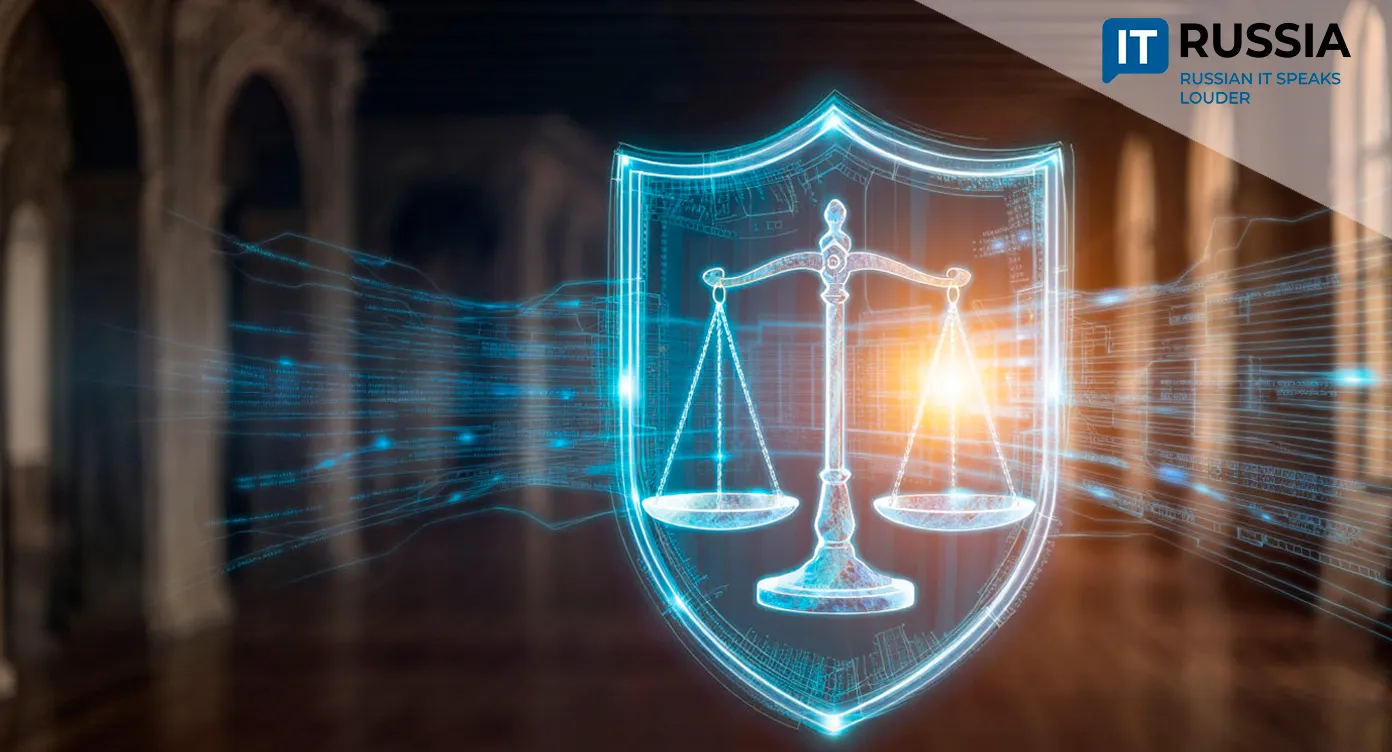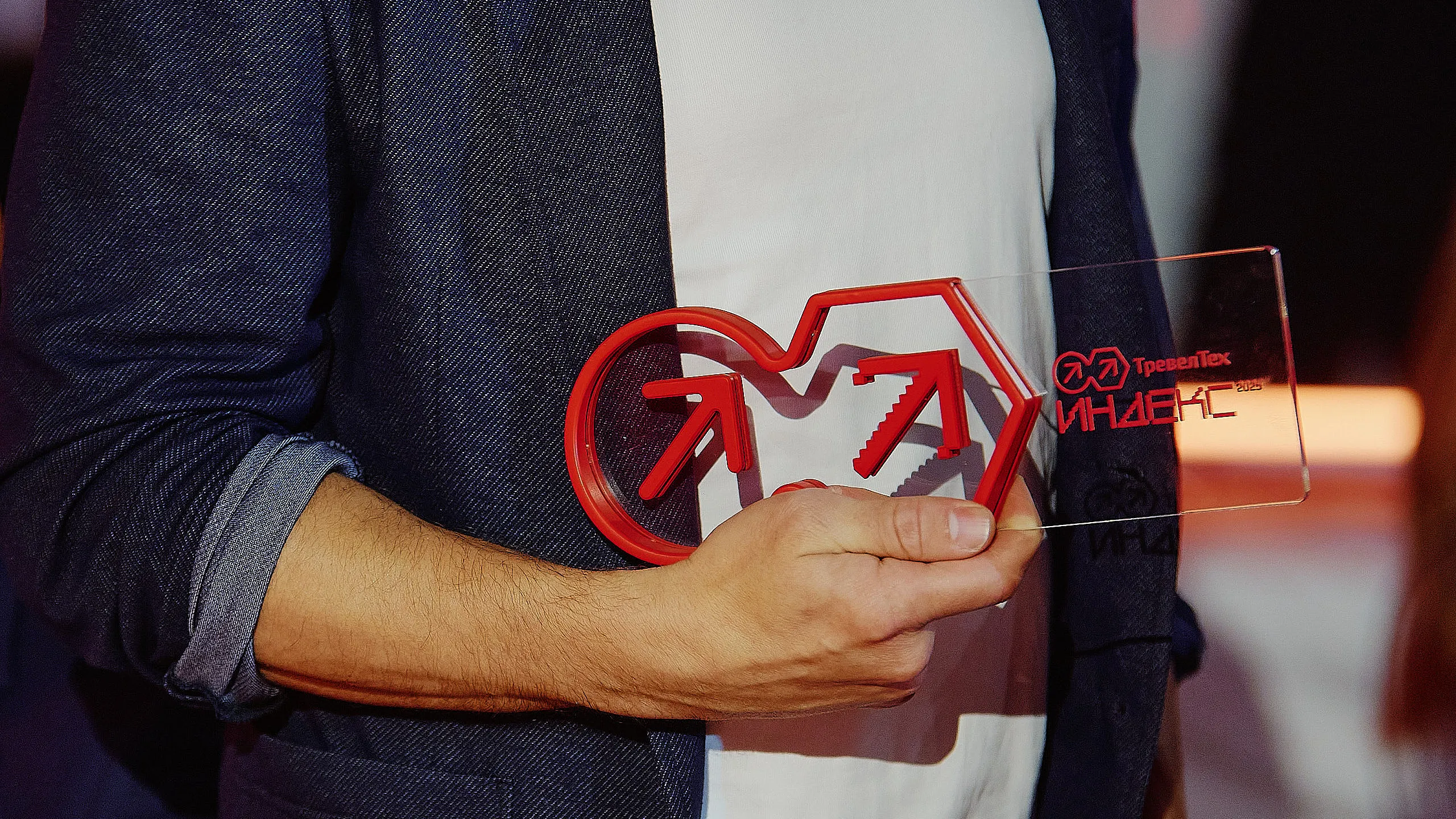How AI is Turning Russia’s Utility Sector Into a Technological Export Industry
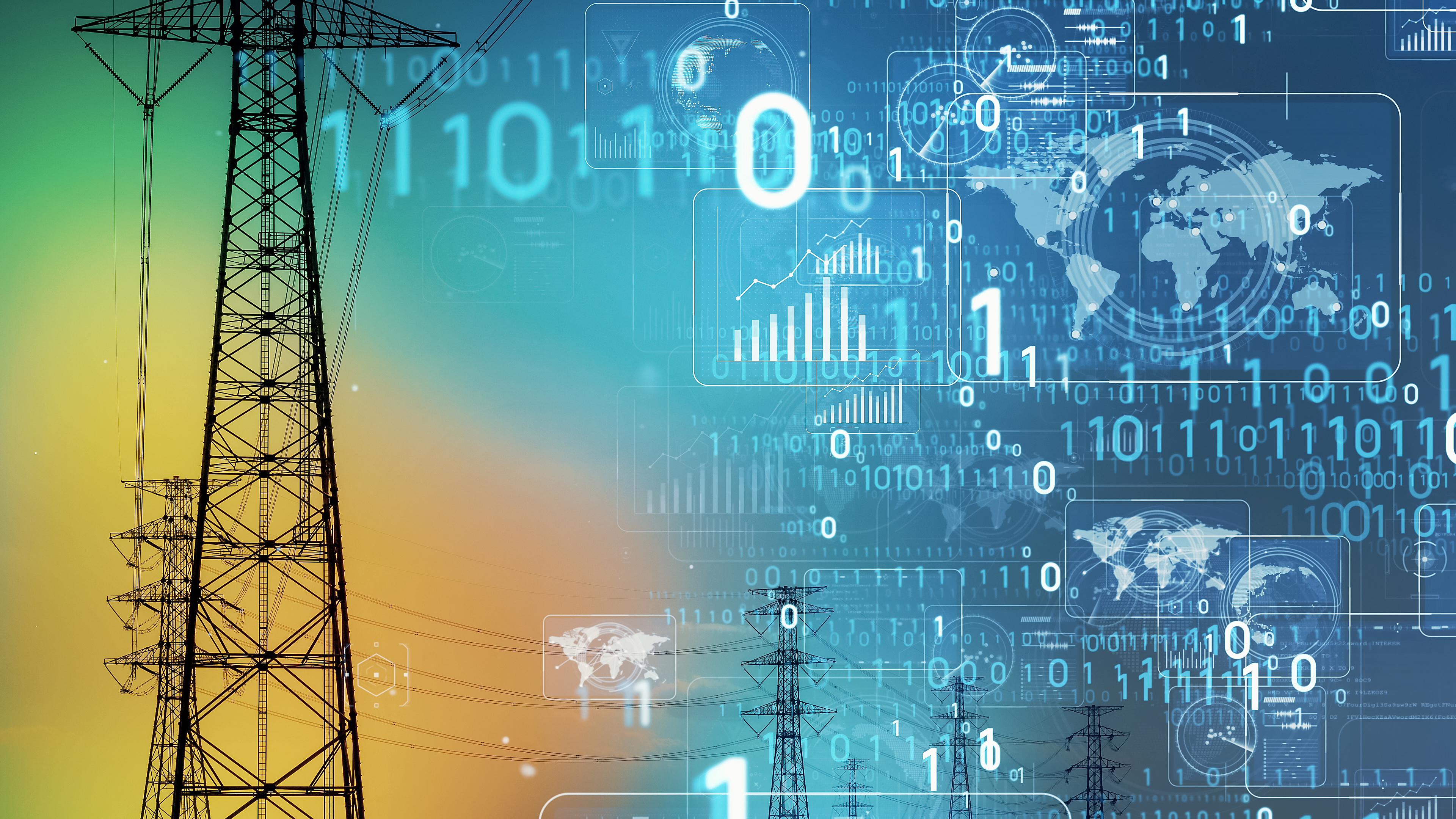
Long viewed as a slow-moving sector, Russia’s housing and utility infrastructure is undergoing a rapid digital transformation—and artificial intelligence (AI) is at the heart of it. Backed by the federal "Artificial Intelligence" initiative, the country is building an ecosystem that not only modernizes public utilities but also positions its smart infrastructure technologies for export.
In 2023, Russia designated utilities and housing among its top 14 priority sectors for AI integration. Since then, results have been tangible: water loss has dropped, power consumption is declining, and predictive systems are helping prevent infrastructure failures in regions that were once left behind in the digital transition.
Pioneer Regions, Tangible Results
Across the Belgorod, Voronezh, and Kursk regions, Rosatom’s AI-driven “Digital Water Utility” platform has reduced water losses by 11% and energy consumption by 20%. These systems use machine learning to flag anomalies in resource use—often catching early warning signs before pipe failures or leaks escalate. In Glazov (Udmurtia), the platform helped avert a major water infrastructure breakdown.
In Moscow, the Headliner residential complex now features "Ardi," a robotic concierge with facial recognition, replacing human staff. Meanwhile in Krasnogorsk, a school uses an AI-powered energy manager to track CO₂ levels, temperature, and lighting in real time—improving both energy efficiency and student performance.
And from February 2025, all new multifamily housing projects must comply with unified smart building standards, including integration with digital twins of utility systems. These digital models make it possible to visualize equipment wear and optimize preventive maintenance.
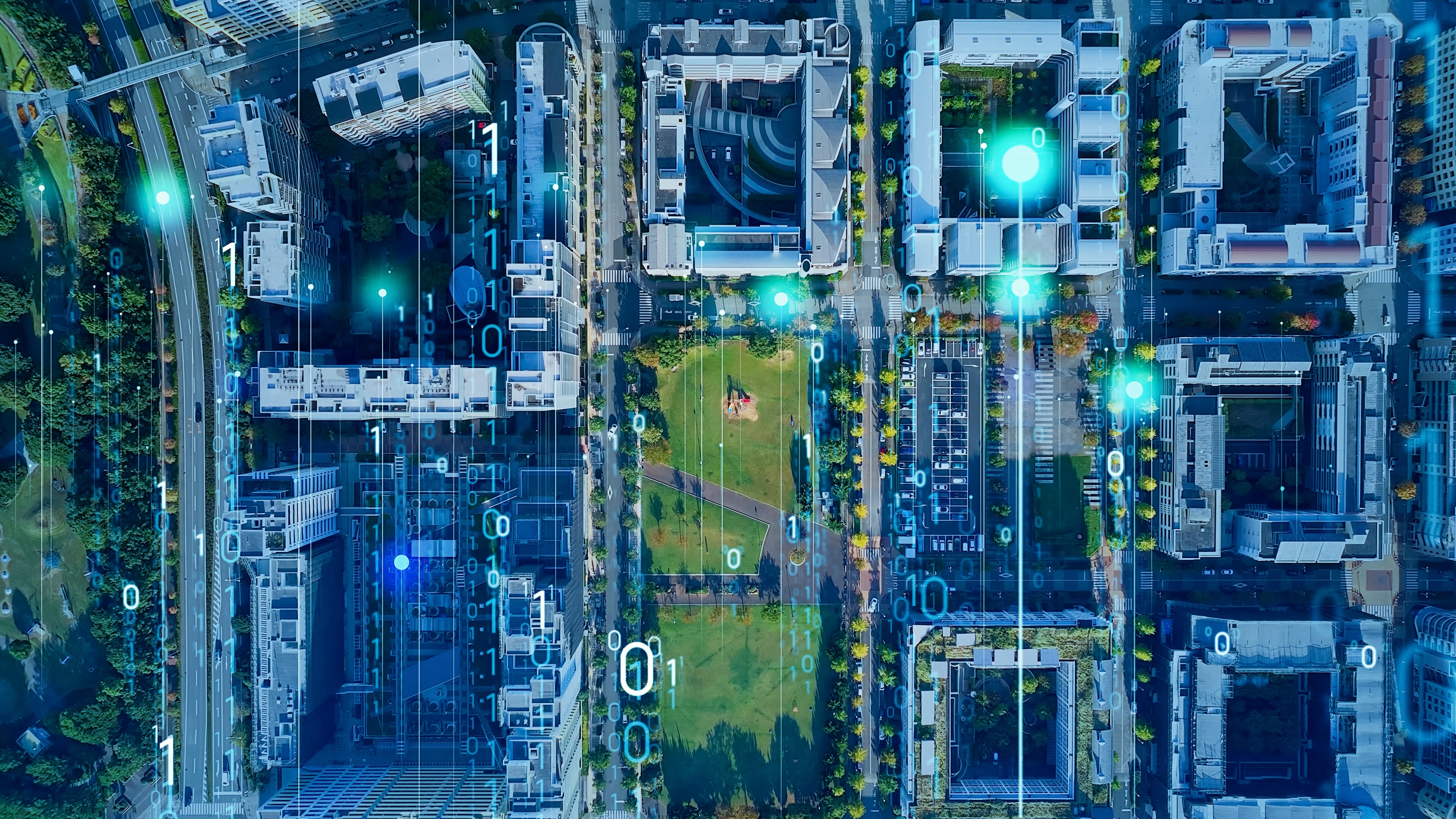
Technical Architecture and AI Deployment
In Rostov, neural networks from Rostelecom are being used to monitor waste collection zones, identifying overfilled containers and service violations. The result: a 5% reduction in maintenance costs.
Voice bots from Russian AI leaders like Just AI are taking over call center loads—handling up to 70% of resident calls for meter readings, bill reminders, and service requests, thereby reducing the need for full-time dispatchers.
Additional national digital tools are now in rollout:
- GIS Housing 2.0, piloted in the Moscow region, enables digital billing and payments.
- Dom.RF Analytics, operating under the FGIS “Tariff” platform, provides real-time monitoring of utility pricing.
- Smart MCD (Multifamily Housing Digitalization), a government-backed automation system, uses domestic software to manage buildings intelligently.
Export-Ready Infrastructure Tech
The bigger picture is that Russia is positioning its AI-powered utilities as an export commodity. The “My Export” platform, which supported more than 37,000 companies in 2024, now promotes end-to-end infrastructure solutions abroad—from water management AI to predictive repair modules.
Russia’s competitive advantages are well-defined:
- Resilience under extreme climates: Systems are proven at −30°C in Udmurtia and +40°C in Rostov.
- Interoperability with national government platforms: The Unified Services Catalog in “My Export” features over 630 business services.
- Cost efficiency at scale: According to early government estimates, AI-driven optimization could save the utility sector $11 billion in 2025 alone, and contribute more than $125 billion to GDP by 2030.
Global Relevance and Strategic Implications
Russia’s smart utility model has demonstrated its ability to operate within legacy infrastructure and under climate extremes—two conditions common across Eurasia, Asia, and Africa. That positions the Russian approach as highly relevant for countries facing similar infrastructure challenges.
What started as a domestic modernization push is quickly evolving into a broader export strategy. Smart housing and utilities may soon join the list of globally recognized Russian technologies—combining AI, durability, and system-wide integration into one scalable package.




